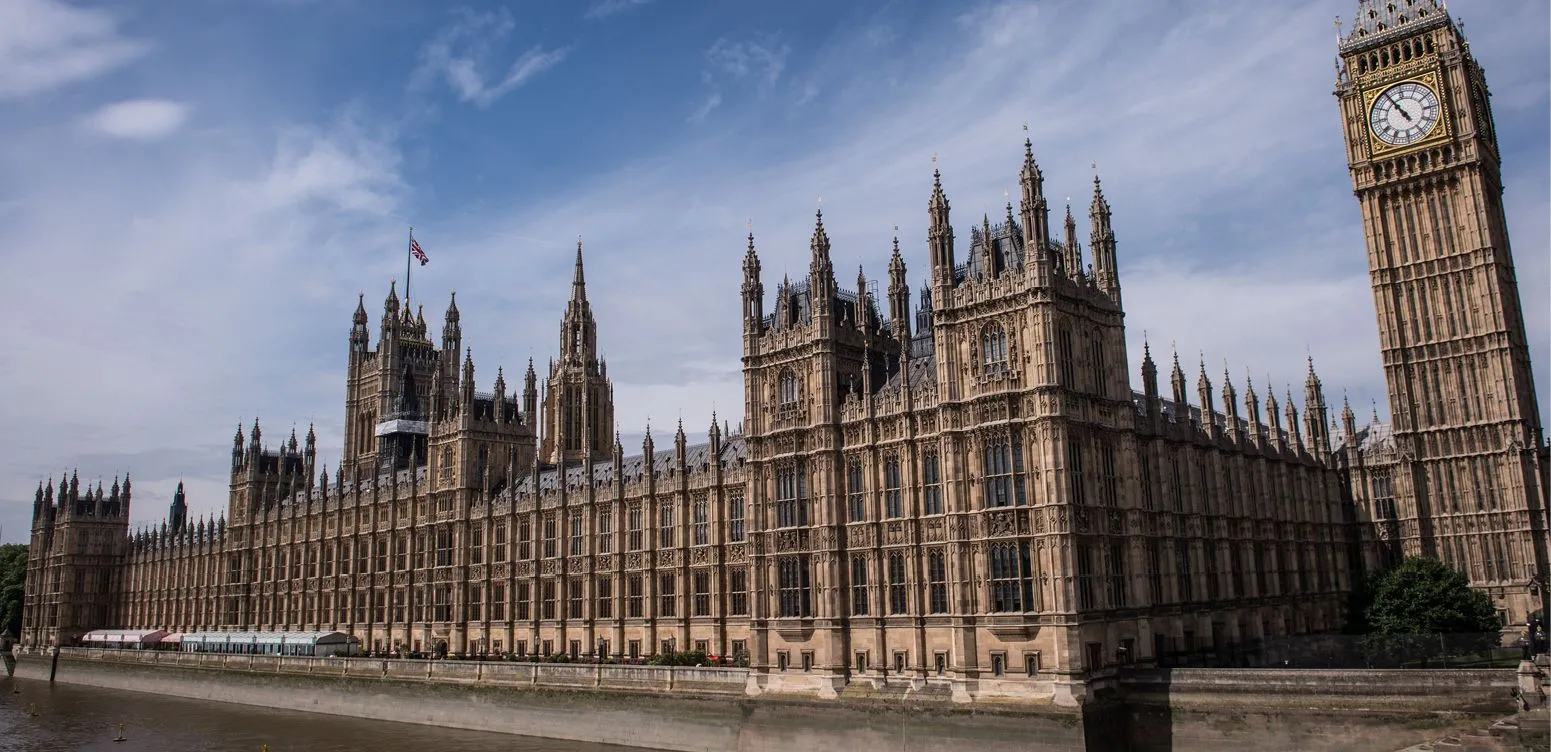Chancellor Rishi Sunak has set out his Budget, which he described as a three point plan to support people through the pandemic, beginning with fixing public finances and preparing for the economy of the future.
Before announcing his Budget, the Chancellor spoke about the forecasting of the Office for Budget Responsibility (OBR), which has predicted a quicker and more sustained recovery than originally expected. The OBR has predicted the economy will reach pre-Covid levels by the middle of next year, six months earlier than predicted.
An issue of particular concern to SFHA was our calls – with many other organisations from across the UK – to see the £20 per week uplift to the standard Universal Credit allowance, brought in to support claimants through the coronavirus pandemic, to be made permanent. The Chancellor announced it would be extended for just a further six months. What has been evident from the response to the pandemic is that the £20 per week uplift has helped to keep people’s heads just above water, and it is disappointing this has not been made permanent.
The Chancellor confirmed Scotland would receive an additional £1.2bn via the Barnett formula. The final stages of the Scottish Budget will make their way through the Scottish Parliament next week, concluding on 9 March. SFHA will issue a further update following the passage of the bill.
A summary of further UK Government budget announcements relevant to Scotland is outlined below. The full treasury documents are published here.
Covid-19 support
- The Job Retention Scheme (furlough) will be extended until 30 September, with no change of terms for employees. After July, businesses will be asked for a 10% contribution, rising to 20% in August and September.
- Self-employed support will also continue until the end of September, with the highest grants being given to those whose profits have fallen by 30% or more. Access to self-employment support will be expanded as those that have filed a tax return before the deadline will now be able to qualify for the fourth and fifth grants.
- The National Living Wage will rise to £8.91 from April.
- Working tax claimants will receive an equivalent amount of support for the next six months in the form of a one-off payment of £500.
Tax/duty
- The chancellor announced the freezing of income tax rates and said he would not raise the rates, national insurance or VAT. (Please note: The Scotland Act 2016 provides the Scottish Parliament with the power to set all income tax rates and bands that will apply to Scottish taxpayers' Non-Savings, Non-Dividend (NSND) income. This excludes setting the Personal Allowance, which remains reserved, and is set by the UK Government in the UK Budget. Therefore, Scottish Income Tax remains part of the existing UK Income Tax system and is not a fully devolved tax).
- The VAT registration threshold will remain at £85,000 until 2024.
- The planned increase to fuel duty has been cancelled.
General
- An updated monetary policy will be implemented for the Bank of England, to ensure environmental sustainability and the transition to net-zero are prioritised.
- The Chancellor highlighted the accelerated Scottish City Deals for Ayrshire, Argyll and Bute and Falkirk, as well as the funding for the Aberdeen Energy Transition Zone.
- Mr Sunak highlighted forecasts which suggest UK borrowing will fall to 4.5% by 2022-23 but said it would be the work of governments over many decades to fully pay back the country’s debt.
